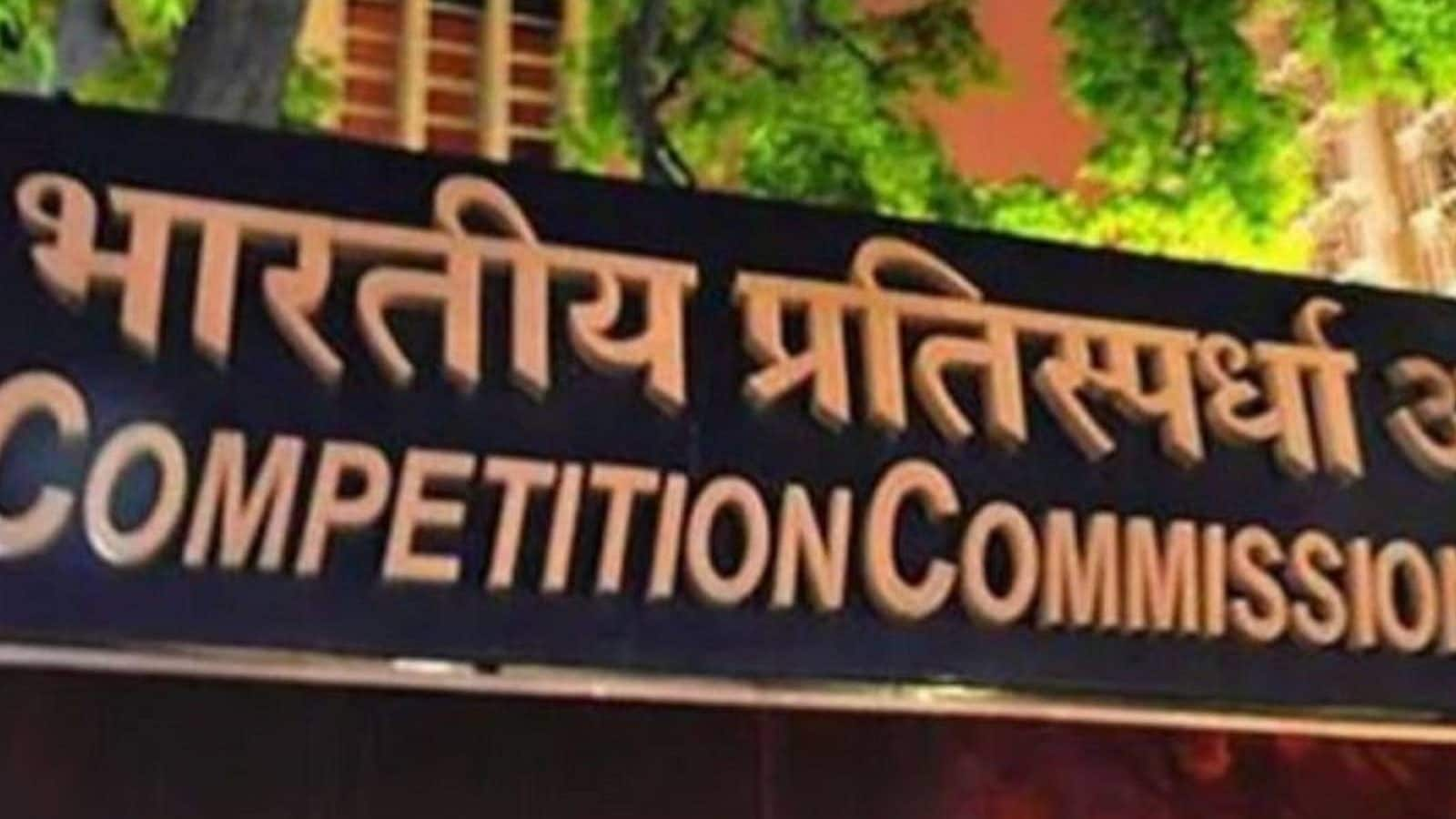MC Exclusive: New Bill On Competition Law To Give More Power To Regulator On Seizures and Raids, Broaden Scope Of Approvals
Broaden the scope of anti-competitive agreements. Speedier approvals of mergers and acquisitions (M&As). Reduce litigations. Incentivise parties during an investigation with lesser penalty in exchange for information.
These are some of the changes introduced in a bill in Parliament designed to bring sweeping changes to India’s Law, setting new checks on abuse of dominance, purchase of controlling stakes and M&A agreements by companies.
Through The Competition (Amendment) Bill, 2022, the government is also looking to increase the penalty for offences such as stifling competition and harming the interests of consumers to Rs 5 crore from Rs 1 crore.
The decision to amend the Competition Act, 2002 was necessitated because of the significant growth of Indian markets and emergence of various business models, according to a copy of the bill reviewed by Moneycontrol.
The new bill, introduced in the Lok Sabha on August 5, was required due to “a paradigm shift in the way businesses operate in the last decade”. Is It due to be introduced in the Rajya Sabha in the week of August 8 to August 12.
New approvals required
Companies looking to acquire control, shares, voting rights, etc must seek the approval of the anti-trust regulator, the Competition Commission of India (CCI), if the value of the transaction exceeds Rs 2,000 crore. The launch of an open offer or an acquisition of shares or convertible securities can continue unhindered if the buyer filed an application to the CCI in time or hasn’t exercised rights from the purchase yet.
The bill seeks to reduce the overall time limit of assessment of M&As to 150 days from 210 days.
It also aims to empower CCI by permitting its Director General to seize documents and records during the course of an investigation. For this, the CCI must approach the Chief Metropolitan Magistrate, Delhi.
The Director General, a high-ranking official who typically investigates anti-competitive offences, can also avail the services of a police officer or any central government officer to assist in enquiry. Every officer has to comply with the CCI’s request, per the bill.
The CCI has in recent months launched raids on companies such as tyre companies and drinks makers that it suspects of indulging in anti-competitive practices.
More Scrutiny on Big Tech
CCI members have to be qualified in the field of technology, a clear sign that the government is looking to add investigative muscle and professional expertise to the intensifying scrutiny of big tech companies by the regulator. The bill also seeks to introduce “knowledge and experience in the field of technology as additional criteria for the members of the selection committee”.
Companies under investigation can opt for settlement by paying a fee specified by regulations. The CCI will provide an opportunity to hear opposing parties and can reject the settlement if it concludes that the penalty is not appropriate.
Other changes in the bill:
Restrict the acceptance of employment by chairperson and members of the CCI for two years from the date of leaving office.
Empower the appellate tribunal not to entertain appeals unless a complainant deposits 25% of the amount of penalty imposed by CCI.
Incentivise parties in an ongoing cartel investigation in terms of lesser penalty to disclose information regarding other cartels.
Enable the CCI to extend the time limit up to a maximum 30 days to accommodate the request of parties to file additional information or remove defects in a notice.
Limit the period for filing information on anti-competitive agreements and abuse of dominant position before CCI to three years.
Read the Latest News and Breaking News here
For all the latest business News Click Here

